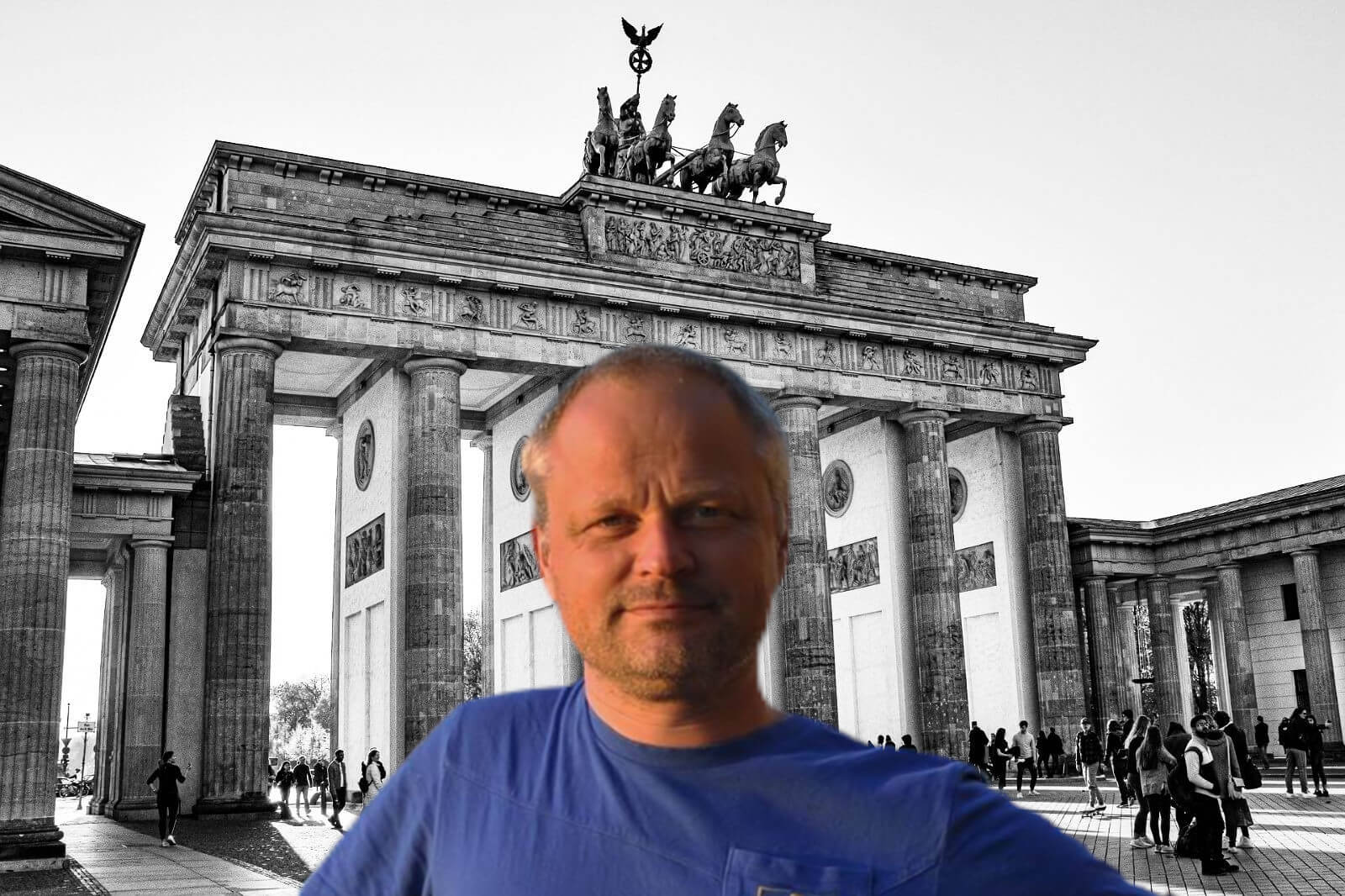
Dutch State Secretary Mona Keijzer of Economic Affairs and Climate and Prince Constantijn van Oranje, special envoy for TechLeap.nl, gave the starting signal on Tuesday for the Dutch participation in the international Consumer Electronics Show technology trade show or CES 2021. This consumer electronics trade show, normally held in Las Vegas, is the largest in the world and will take place online this year. More than 90 Dutch companies will participate.
One of the first parts of the program was specifically intended for Dutch start-ups looking for an American venture capitalist. These entrepreneurs received useful tips on how to do this in an online meeting with VC companies. Among other things, the VC companies noted that it is wise to do extensive online research before approaching a venture capitalist. This can prevent them from getting turned down straightaway.
Major differences
There are major differences between venture capitalists. For example, one VC entrepreneur may only be interested in larger companies that think very big, upwards of a turnover of billions worldwide, while other VC companies are more interested in smaller ventures and are real seed or early-stage investors.
Venture capitalists often have their own specialties as well. One focuses entirely on online trading, another in communications software, healthcare, education or something else. It is important to know these things in advance to be taken seriously.
Israel
Another tip from VC companies for start-ups is to look for at least one customer in the U.S. For many venture capitalists in Silicon Valley, this is important because they know that market better.

It is striking that Israeli start-ups seem to have mastered this very well as most of the venture capital companies that participated in the video conference have had good experiences with Israeli start-ups.
Transparency
A great deal of value is also attached to transparency. According to one of the VC entrepreneurs, it is no longer fashionable to radiate “too much” trust or to be overconfident. Entrepreneurs should show not only their strengths but also awareness of their weaknesses. After all, every company has its vulnerabilities. Talking about them early on builds more mutual trust.
What is also important is that start-ups think about whether their business model works as well in the U.S. as it does in Europe. Those who already have more experience with investments in Europe find that less important.
In any case, VC companies no longer expect a company from Europe to settle completely in Silicon Valley as was the case in the past. Now it’s usually enough for a company to make a partial relocation there. This also has cost advantages, because the costs for employees and housing, for example, are lower in Europe.
In any case, it is expected that in the coming years more and more venture capitalists will actively look for interesting investments in Europe themselves. This will likely offer opportunities for them because the venture capital market in Europe is still highly underdeveloped compared to the U.S.
The future belongs to start-ups
Mona Keijzer advised the Dutch start-ups to “think big” while Constantijn van Oranje emphasized that the future belongs to start-ups.
It has been known for years that the Consumer Electronics Show is an important platform to get ideas, find partners and make yourself visible. Keijzer gave the example of Hydraloop that won some of the most important innovation prizes at the last CES in 2020.
This year’s Dutch participation includes companies from across the board such as quantum mechanics, digital health, artificial intelligence, cybersecurity, 5G, energy and nanotechnology.
The complete list of participating companies
Read also: Constantijn: “If the Netherlands wants to remain relevant, we have to be at the forefront.”








